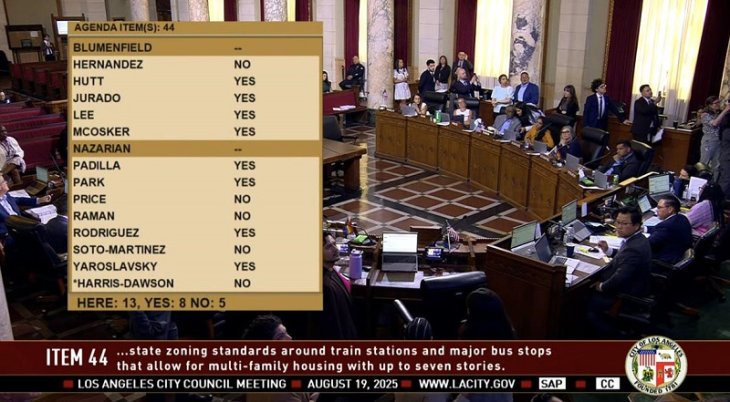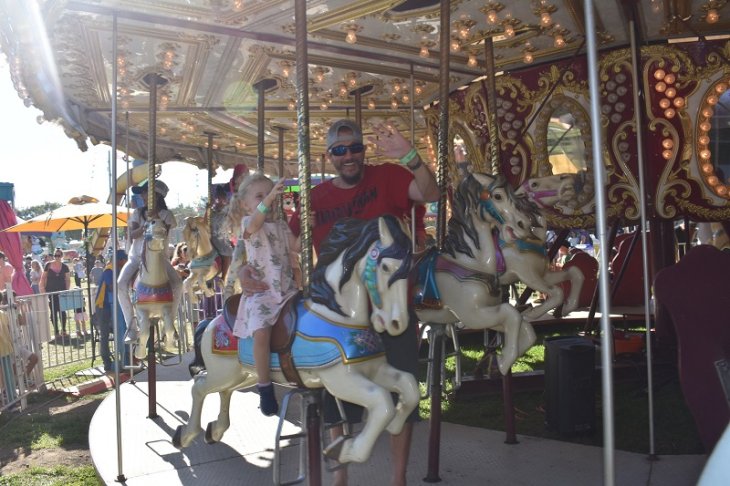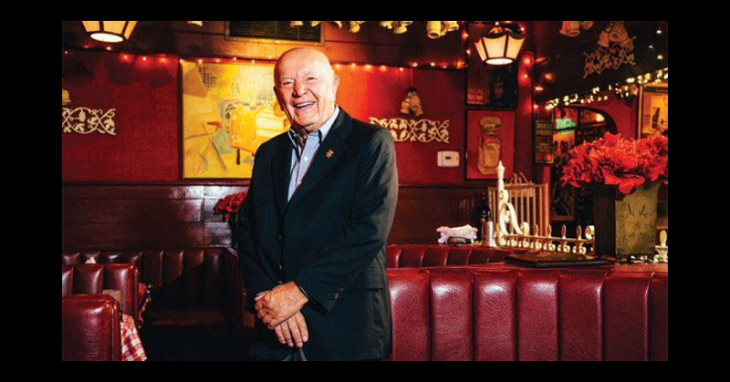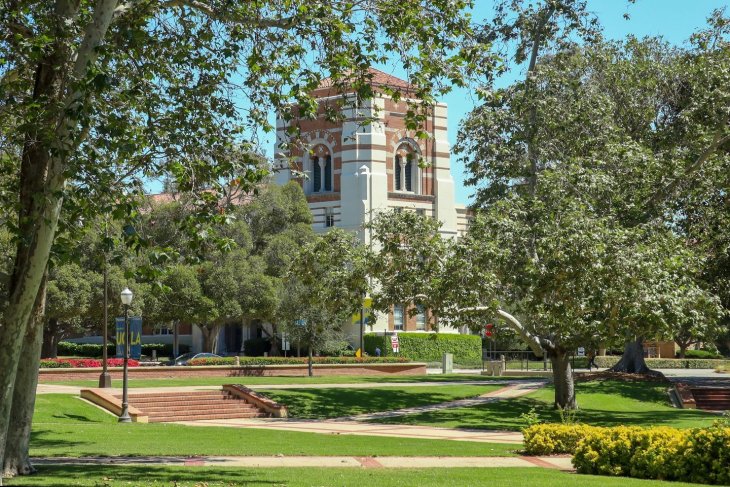A onetime South Bay resident faces up to seven decades in federal prison at his sentencing today for traveling repeatedly to Cambodia to sexually assault impoverished children, four of whom testified to grueling sexual attacks that had jurors holding back tears.
Ronald “John” Boyajian — who was previously convicted over 20 years ago on nearly two dozen counts of statutory rape in Orange County — was found guilty in March of federal counts of international travel with intent to engage in illicit sexual conduct with minors, engaging in illicit sexual conduct with a minor in foreign places, and commission of a felony offense involving a minor while required to register as a sex offender.
Boyajian, acting as his own attorney, kept the case at a stalemate for seven years prior to the start of the six-week trial in Los Angeles. The case docket has more than 1,500 entries, most of them motions filed almost daily by Boyajian in which he objects to each aspect of the proceedings and has accused the judge of conspiring against him behind the scenes. His latest attempt to delay sentencing was denied late last week by U.S. District Judge Christina Snyder.
Three women in their 20s who were children when they were sexually assaulted by the defendant, gave brief victim impact statements last week, telling the judge that the attacks had lasting, painful impacts on their lives.
Speaking through a translator, one of the women urged the judge “not to allow this man to leave prison because possibly there are other children out there that it could happen to — just like it happened to me.”
Crying, she said, “I don’t want this to happen to other children. I want other children to have a happy life.”
Another woman told the court that since she was attacked by Boyajian more than seven years ago, she fears men and often finds herself “grouchy” for no reason.
Boyajian, 55, who once lived in the Palos Verdes area, faces up to 70 years in federal prison for the two travel offenses and for committing the offenses while being required by California law to register as a sex offender.
A federal jury deliberated for about five hours before returning guilty verdicts on all counts contained in a federal indictment handed down in September 2009.
“This case is about a man who wanted to sexually assault children — and he found a place where he could do that,” Assistant U.S. Attorney Vanessa Baehr-Jones told the jury at the start of the trial.
Boyajian was arrested by the Cambodian National Police in February 2009 while on his 35th trip to Asia over a nine-year period. Boyajian began traveling to Cambodia — one of Southeast Asia’s poorest countries — shortly after completing his parole following convictions in Orange County for illegal sex with a minor and oral sex with a minor in 1994.
Federal prosecutors presented evidence the defendant sexually assaulted girls who were between 8 and 11. One victim, who was 8 when she was molested, testified that “he was cruel — he treated me like I wasn’t even human.”
Boyajian paid pimps and sometimes the victims’ relatives to have access to the children. The attacks took place in the village of Svay Pak — known as Kilo 11 because it is located 11 kilometers outside of Cambodia’s capital city of Phnom Penh — where the victims were Vietnamese immigrants who lived in the poor community.
A Cambodian police anti-human trafficking officer testified at trial that Svay Pak was notorious as a place where foreigners went to have sexual contact with young girls. Boyajian went to Svay Pak to have “unlimited access,” prosecutors said in court.
One of the females he assaulted — now an adult working in Cambodia to help fellow victims of predators — told jurors that Boyajian paid her grandmother to leave her alone with him in a wooden shack. She described being raped, beaten and bitten on the legs and calves by the defendant during multiple attacks.
Boyajian was among the first defendants charged under an international law enforcement initiative specifically targeting Americans traveling to Cambodia for the purpose of sexually abusing children. Operation Twisted Traveler was an effort by the Justice Department and U.S. Immigration and Customs Enforcement to crack down on sex tourism.
Boyajian has been in custody in Los Angeles since his removal from Cambodia seven years ago. In the years since he was charged, Boyajian lodged a raft of motions and continuances, ensuring the case remained deadlocked.
In the minutes before the jury was called into the courtroom for opening statements on Feb. 3, Boyajian made a motion to have Snyder removed from the case. Following the verdicts, the defendant immediately filed motions objecting to the jury’s racial mix, among other complaints.
The investigation of Boyajian was begun by the Cambodian non- governmental organization Action Pour Les Enfants — APLE — whose investigators said they witnessed Boyajian visiting a child brothel in Svay Pak.
“It was here — halfway across the world — that foreigners like the defendant could freely target children who were being sold into prostitution,” Baehr-Jones told the jury.
Boyajian was charged under the Protect Act, which became law in 2003 and made it easier for U.S. authorities to prosecute people for overseas sex crimes. Federal authorities have made more than 70 arrests under the act in countries including Cambodia, Thailand and the Philippines.





















